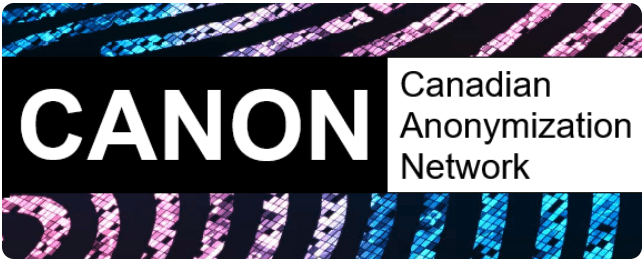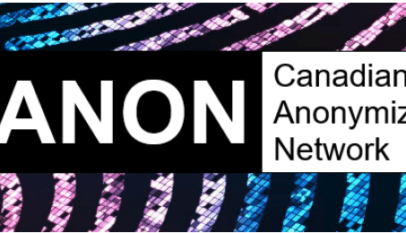to
In jurisdictions around the world, automated contact tracing is being considered as an element of COVID-19 recovery efforts. However, in many regions these efforts are being met with resistance, with significant questions being raised around surveillance, privacy, and even the efficacy of such systems.
This Mini-Summit, the first hosted by the Canadian Anonymization Network (CANON), will use automated contact tracing to reflect on the kinds of considerations that any organization seeking to deploy de-identification, differential privacy, synthetic data, or similar privacy-enhancing technologies must keep front of mind. The focus cannot be entirely on protective measures you put in place; instead, you must also incorporate contextual considerations and thorough examinations of any potential benefits, concerns or harms associated with a system, particularly where potentially sensitive data is concerned.
For session descriptions and speaker bios, see our brochure (pdf).
We thank the Electronic Health Information Laboratory for acting as the platform sponsor for this session.
Cookie consent: 5 harmful designs from UK Regulators’ guidance
The UK’s data protection regulator, the Information Commissioner’s Office (ICO), and …


















